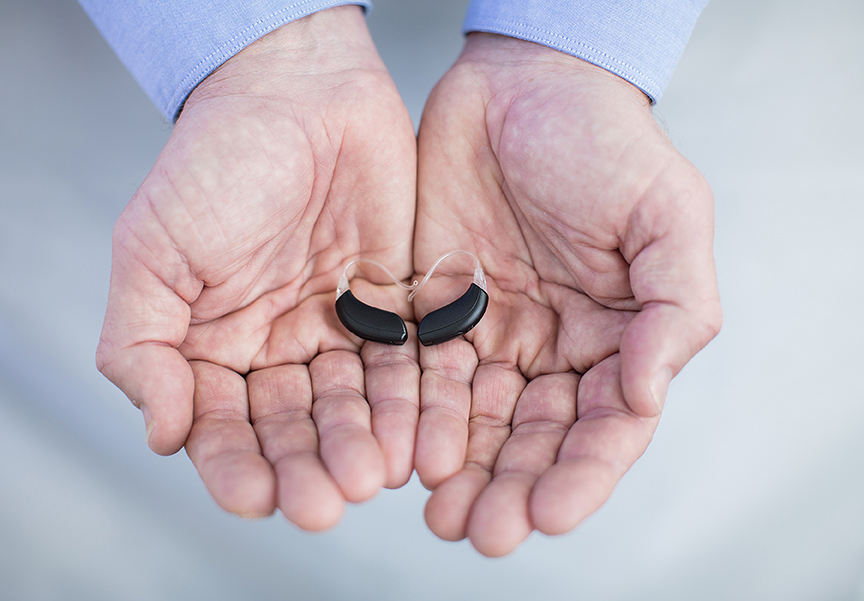
Hearing aid sales are on the rise and multinational corporations are benefitting. Local Australian businesses are being forced into a competition they cannot win and hearing loss patients are fronting the cost.
Despite the vastness of our resources and innovations in technology, Australia does not manufacture hearing aids. However, there are a number of hearing aid manufacturers who own their own retail chains around the country. There are also a number of overseas companies who sell hearing aids in Australia. The largest manufacturer chains include:
- Bloom Hearing – owned by Widex, a Danish manufacturing company
- Connect Hearing – owned by Sonova, a Swiss manufacturing company
- AudioClinic – owned by William Demant, another Danish manufacturing company
International companies with retail chains in Australia include:
- COSTCO – from the United States
- SpecSavers – from the United Kingdom
- National Hearing Care – from Italy
Why is this important? How does it affect me and why should I care?
Competition isn’t new to Australian markets, but this doesn’t make it any less of a problem for the consumer. There is a difference between healthy competition that encourages fair prices – as regulated by the Australian Competition and Consumer Commission – and competition that local independents simply can’t afford. Because of their sheer size and buying power, large international companies can afford to sell products at a lower price. Unable to keep up, local businesses are forced to close their doors.
So, for local Australian businesses, this is a huge problem. However, the issue doesn’t just stop there. For the hearing loss patient, low prices are coming at a cost.
Less is, in fact, less.
Low prices are extremely attractive. But hearing loss solutions are more than just a product. When we buy hearing aids, we are also buying into a service that lasts the lifetime of our aid and our hearing loss. We are trusting the expertise of the practioner to find the best solution for our us, and we are trusting “the expert” cares enough to find it.
Big hearing aid companies are driven by sales. They are not driven by solutions. Their practitioners could be paid to make targets and to push clients into buying their products, whether or not they actually need them. This is greed before need.
Go local. Go independent.
Although you might be saving a few bucks elsewhere, when it comes to hearing health, low prices do come at a high cost.